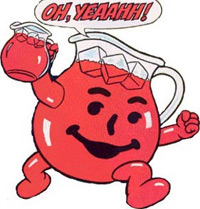Jul 10, 2008
 It's clear that one cause of the current food crisis is that poorer countries have been pressured into dismantling their food policies, leaving peasant farmers and eaters alike to bear all the risks of the extremely volatile world market. This has left corporations free to ship factory-farmed food to those countries, peasants free to migrate to urban slums, and corporately-dominated economic [...]
It's clear that one cause of the current food crisis is that poorer countries have been pressured into dismantling their food policies, leaving peasant farmers and eaters alike to bear all the risks of the extremely volatile world market. This has left corporations free to ship factory-farmed food to those countries, peasants free to migrate to urban slums, and corporately-dominated economic [...]
Read the Full Article

Already a subscriber? Login